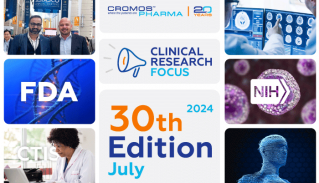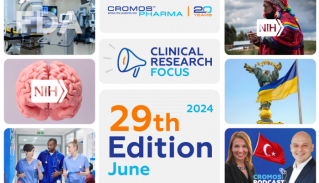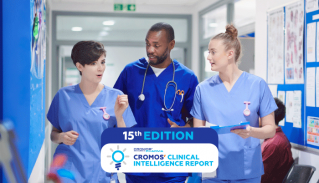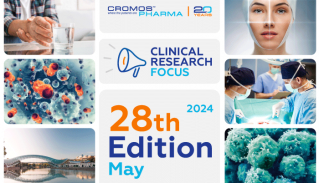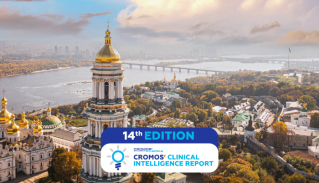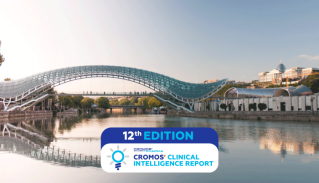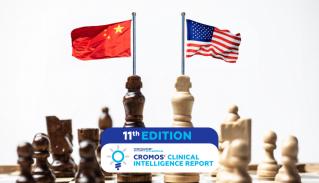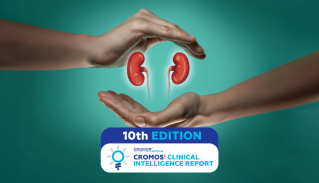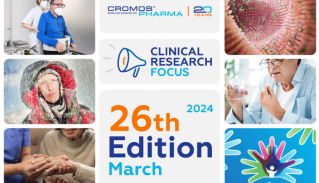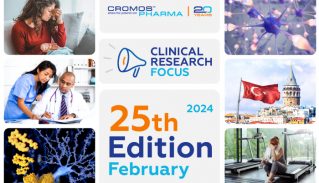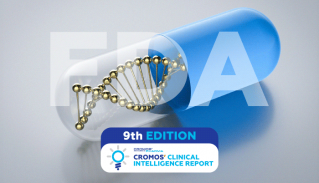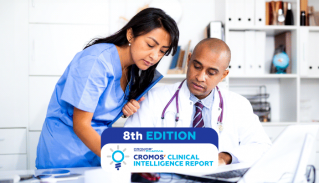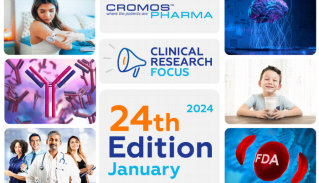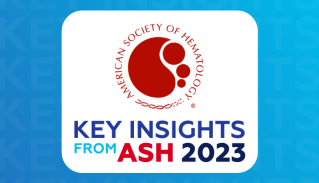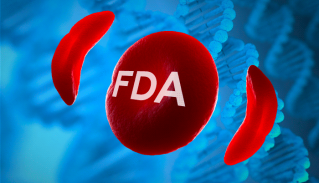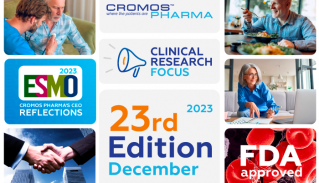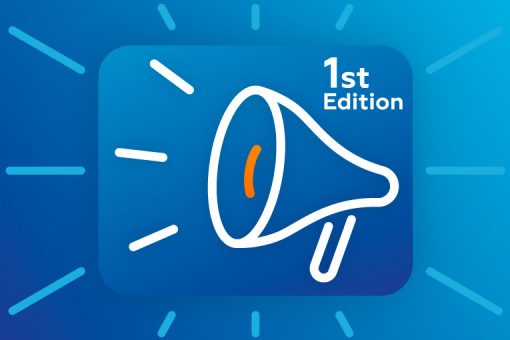
Clinical Research Focus. 1st Edition
First Genetically Modified Pig-To-Human Heart Transplant
On January 7, 2022, surgeons from the University of Maryland School of Medicine (Baltimore, MD, USA) carried out the first pig-to-human heart transplant. The pioneering operation, led by Bartley Griffith, director of the cardiac transplant program at the university, involved the transplant of a genetically modified pig’s heart into a 57 year old patient with heart failure.
The patient is still alive and under observation. Elsewhere, surgeons at the University of Alabama at Birmingham reported that they had successfully transferred kidneys from a genetically modified pig into the body of a clinically brain-dead man. The operation is hoped to lay the groundwork for clinical trials with live patients with kidney disease. For decades, doctors and scientists have been working to make xenotransplantation (animal organ-to-human transplantation) possible and successful. These recent developments bring that goal closer. Read more here.
Accelerating Clinical Trials In Europe
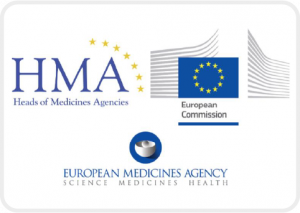 The European Commission (EC), the Heads of Medicines Agencies (HMA) and the European Medicines Agency (EMA) recently (January 13, 2022) launched a new initiative to transform clinical trials within the European Union (EU). Accelerating Clinical Trials in the EU (ACT EU) provides high-level regulatory network objectives, governance, organization, and priority actions for 2022-2023.
The European Commission (EC), the Heads of Medicines Agencies (HMA) and the European Medicines Agency (EMA) recently (January 13, 2022) launched a new initiative to transform clinical trials within the European Union (EU). Accelerating Clinical Trials in the EU (ACT EU) provides high-level regulatory network objectives, governance, organization, and priority actions for 2022-2023.
In a statement, the EMA said that building on the application of the Clinical Trials Regulation (CTR) and the launch of the Clinical Trials Information System (CTIS) on 31 January 2022, ACT EU will strengthen the European environment for clinical trials, whilst maintaining the high-level of protection of trial participants, data robustness and transparency that EU citizens expect. Read more here.
Record Number of Clinical Trials To Use Decentralized Elements in 2022
 Decentralized clinical trials (DCTs) are on the increase and look set to stay well beyond the pandemic. A report from GlobalData (December 2021) estimated that a “record number of around 1,300 trials with a decentralized and/or virtual component will likely initiate in 2022, representing a 28% increase from 2021”. Furthermore, the benefits of DCTs are being recognized across the sector including shortening of study timelines, lower regulatory costs and greater flexibility for protocol changes. Read more here.
Decentralized clinical trials (DCTs) are on the increase and look set to stay well beyond the pandemic. A report from GlobalData (December 2021) estimated that a “record number of around 1,300 trials with a decentralized and/or virtual component will likely initiate in 2022, representing a 28% increase from 2021”. Furthermore, the benefits of DCTs are being recognized across the sector including shortening of study timelines, lower regulatory costs and greater flexibility for protocol changes. Read more here.
FDA Prioritizes Initiatives to Promote Generic Drug Development
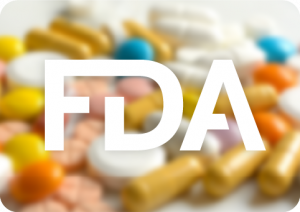 The FDA’s Office of Generic Drugs has prioritized a number of initiatives in 2022 to promote complex generic drug development and review tools. It has based its program for 2022 on stakeholder feedback from a public workshop held in June 2021. Key areas include increasing use of artificial intelligence (AI) and how the FDA can leverage AI to support regulatory decisions and post-marketing intelligence. Other priority areas are the global harmonization of the most efficient bioequivalence standards and the need for research on harmful impurities such as nitrosamines. Read more here.
The FDA’s Office of Generic Drugs has prioritized a number of initiatives in 2022 to promote complex generic drug development and review tools. It has based its program for 2022 on stakeholder feedback from a public workshop held in June 2021. Key areas include increasing use of artificial intelligence (AI) and how the FDA can leverage AI to support regulatory decisions and post-marketing intelligence. Other priority areas are the global harmonization of the most efficient bioequivalence standards and the need for research on harmful impurities such as nitrosamines. Read more here.
Cromos Pharma’s “No Patients – No Payment” Program Explained
Watch our latest video explaining our “No Patients – No Payment” unique risk-sharing program for patient recruitment.
Life@CromosPharma
 We are pleased to welcome Susan Jones to the Cromos team as Business Development Director. Susan brings with her over a decade of experience in the life science sector and we are delighted to have her on board.
We are pleased to welcome Susan Jones to the Cromos team as Business Development Director. Susan brings with her over a decade of experience in the life science sector and we are delighted to have her on board.
We are always on the look-out for new talent so please check out our careers page.
FIND OUT MORE ABOUT HOW WE CAN SUPPORT YOUR CLINICAL PROGRAM BY EMAILING:INQUIRY@CROMOSPHARMA.COM


